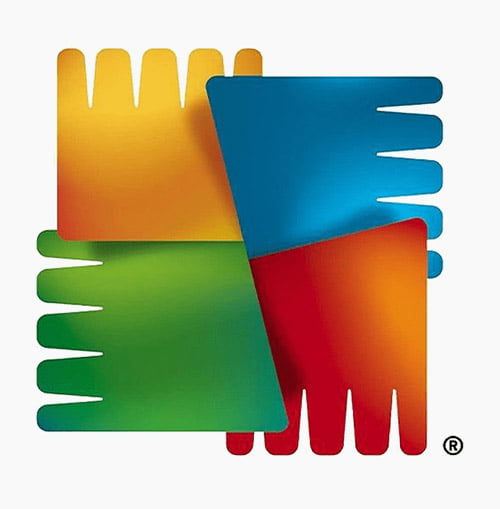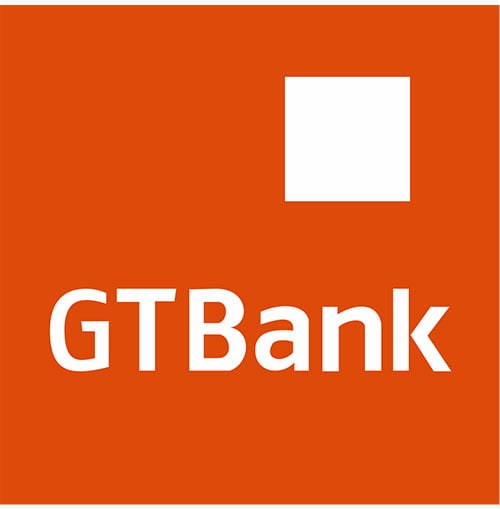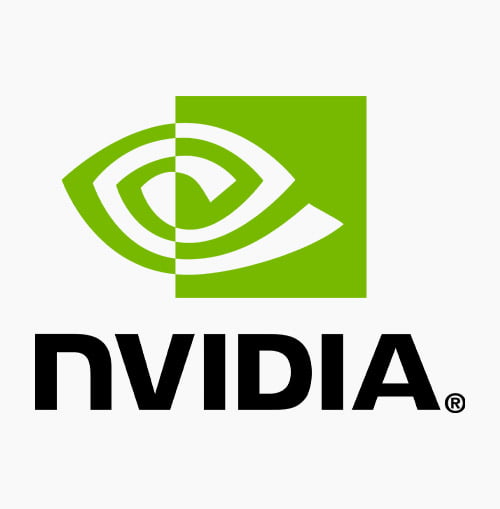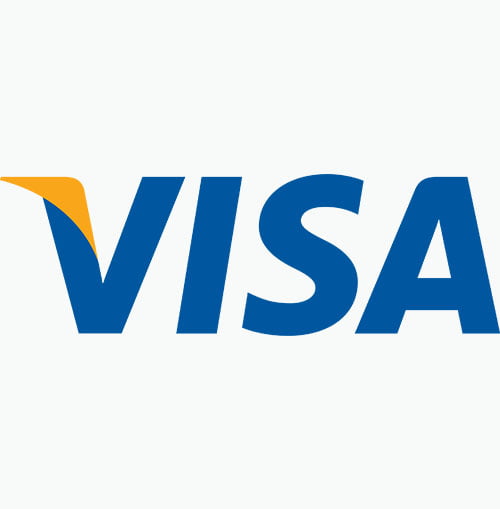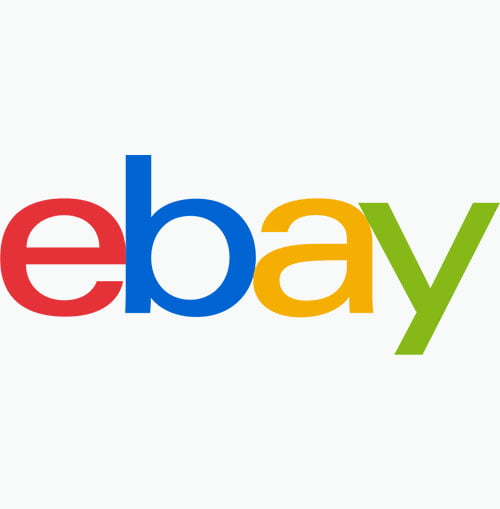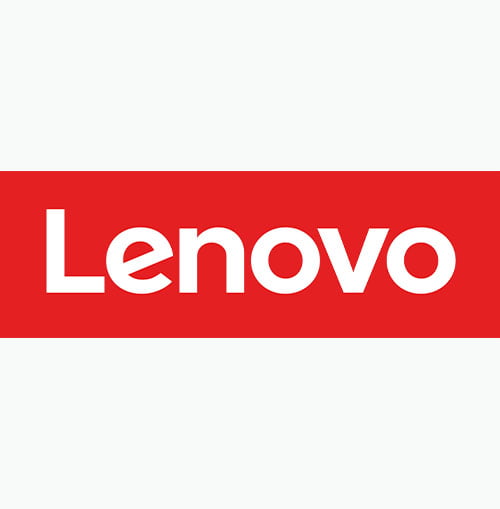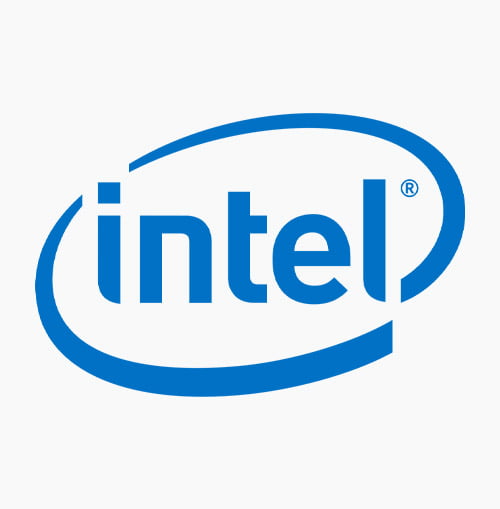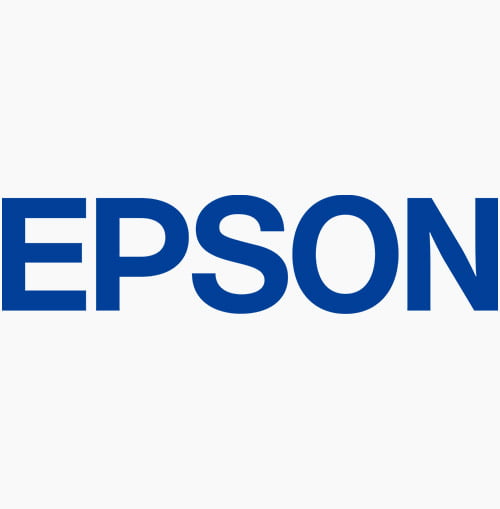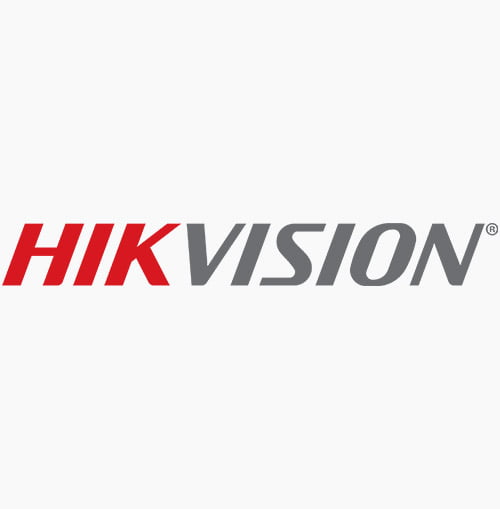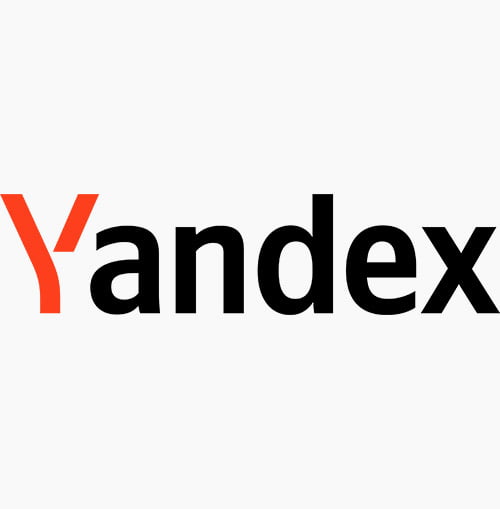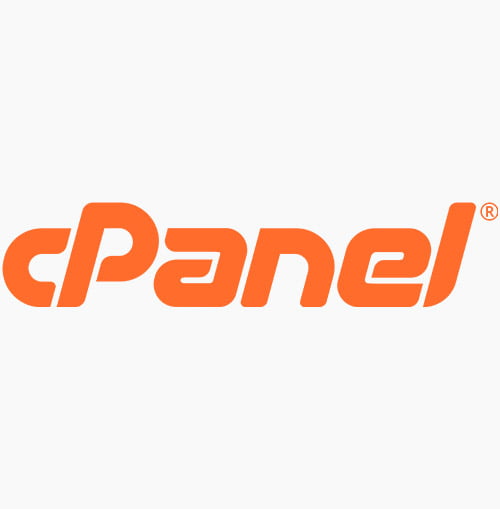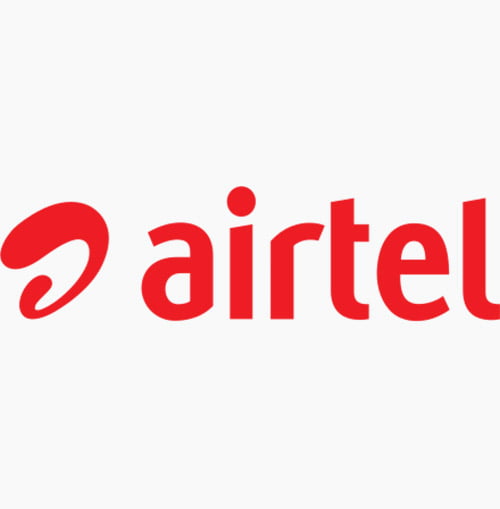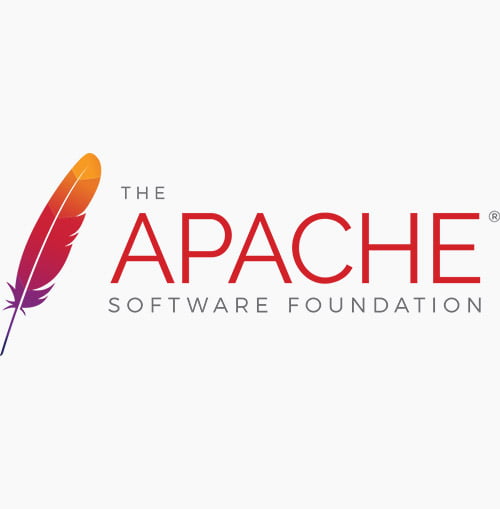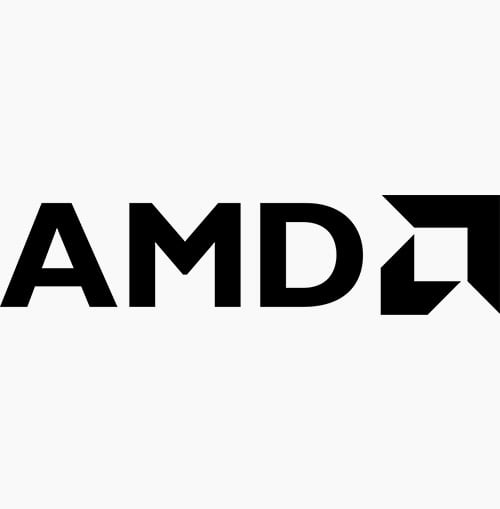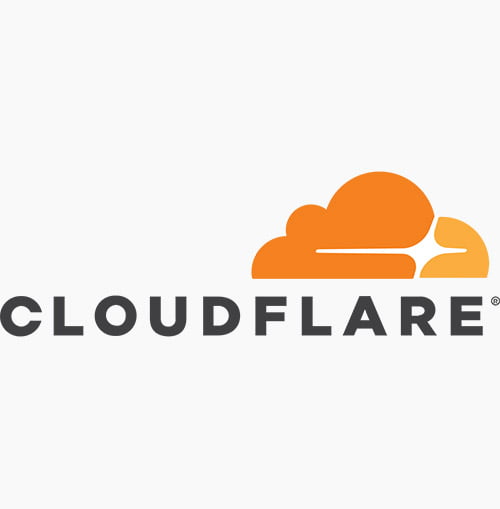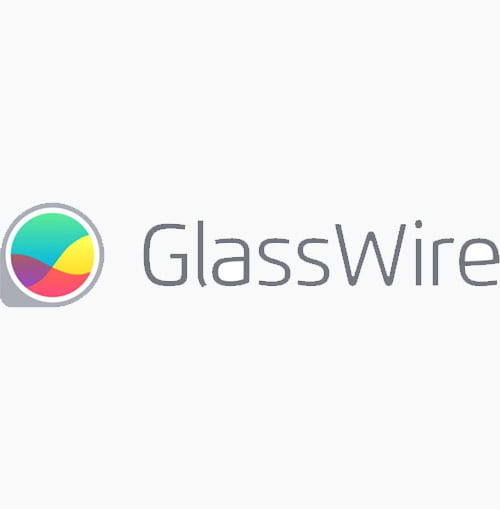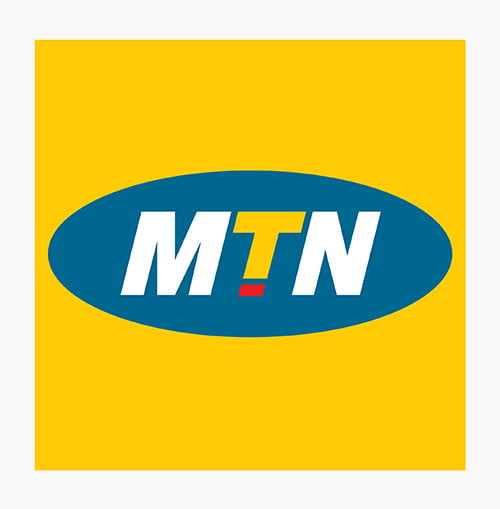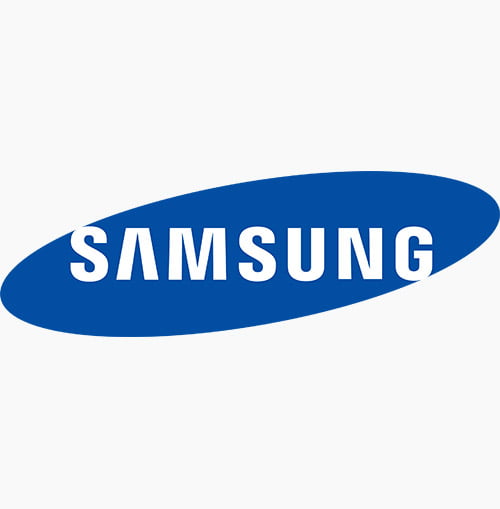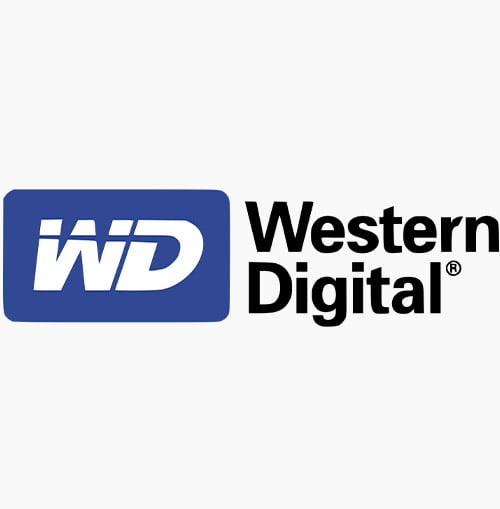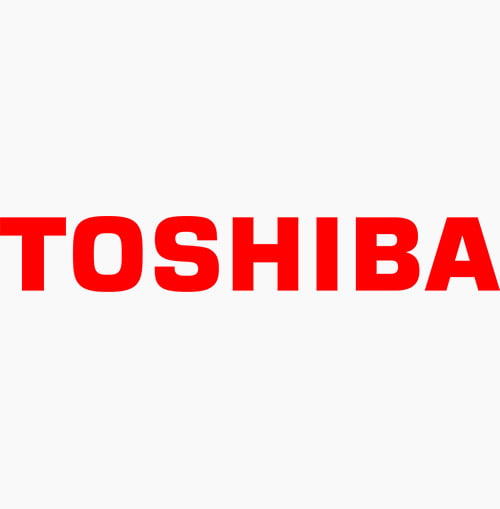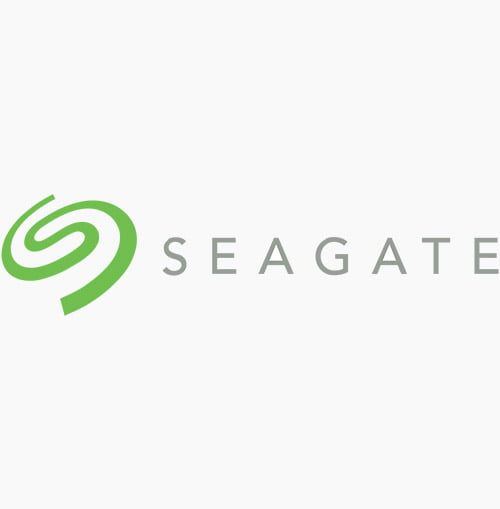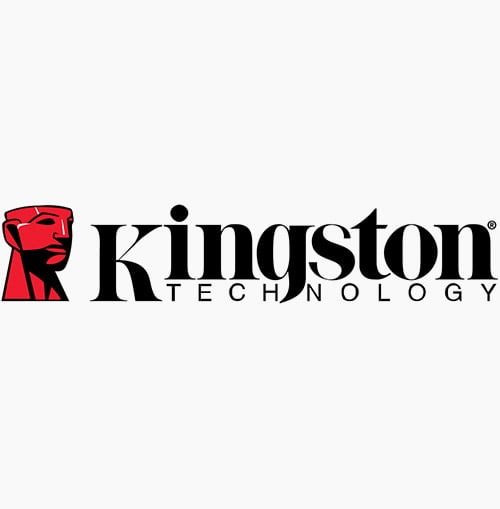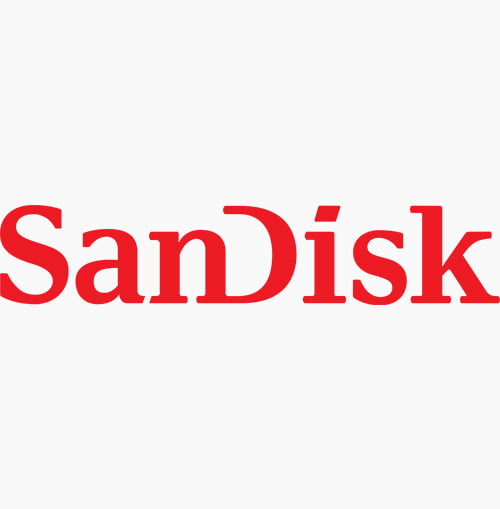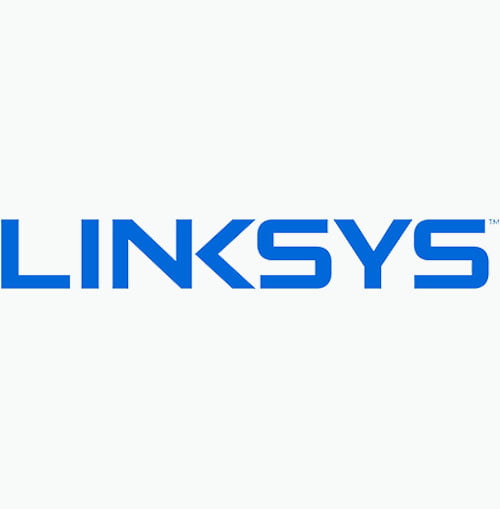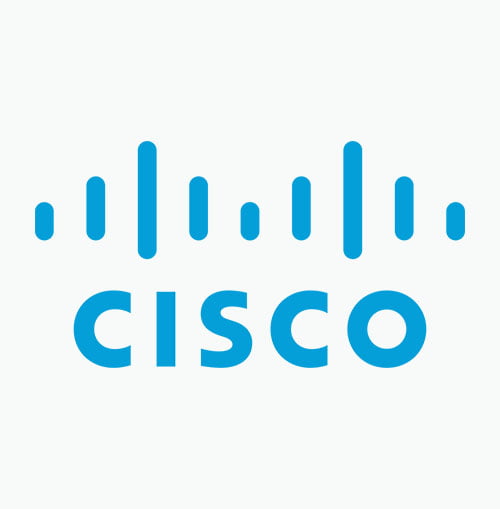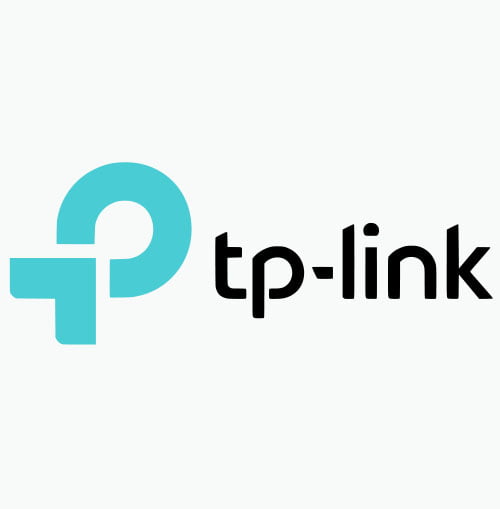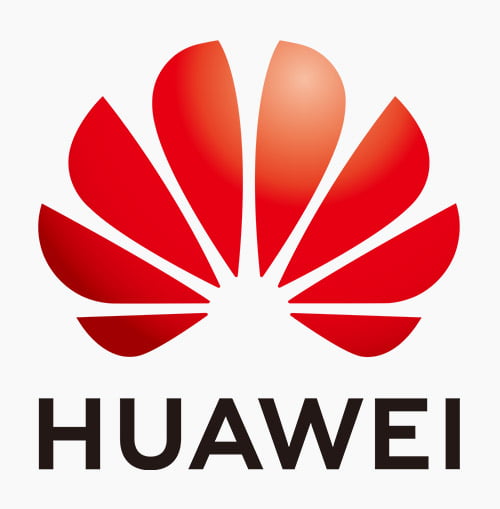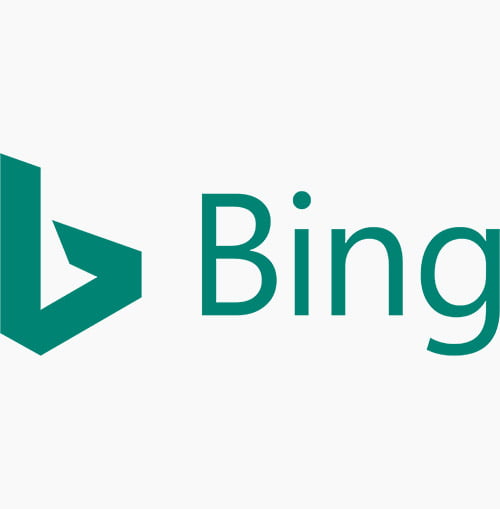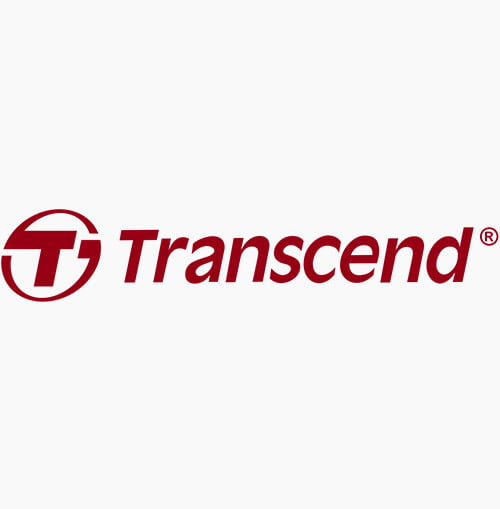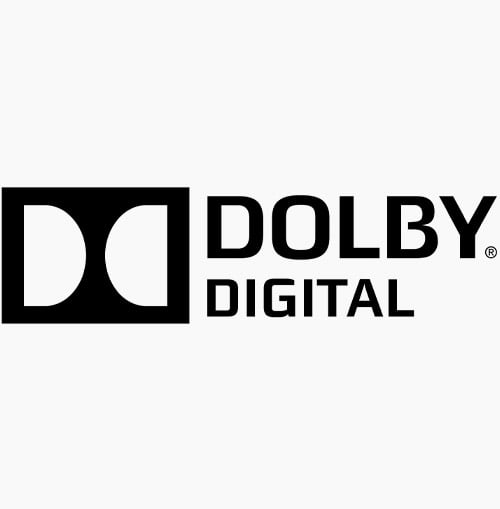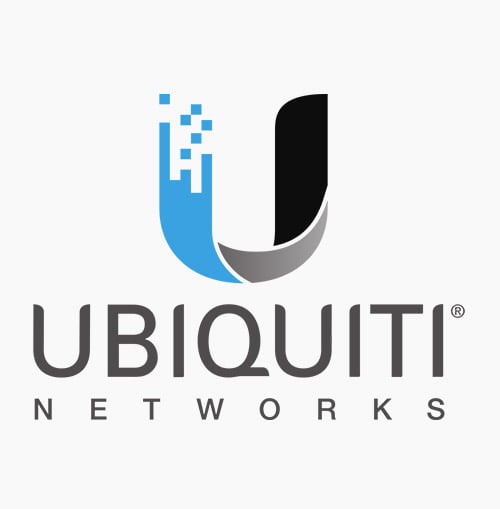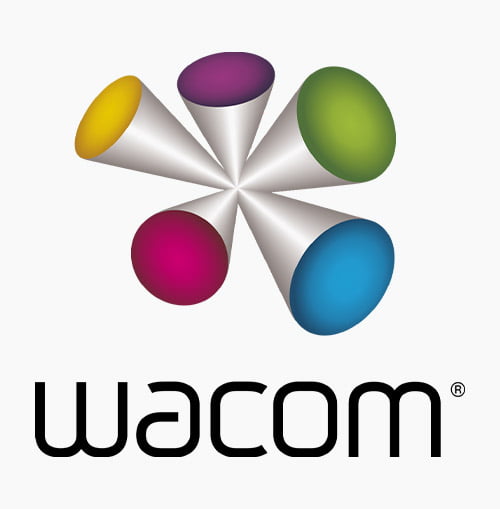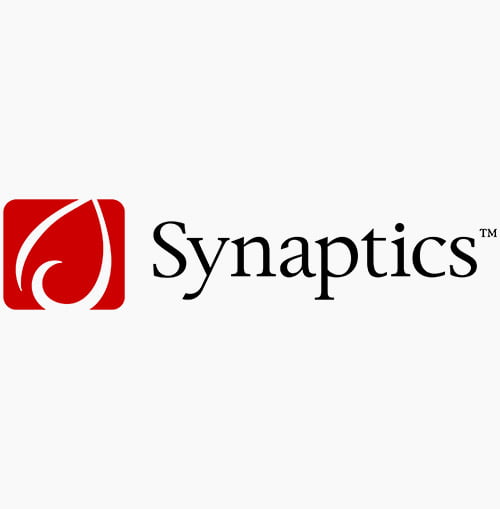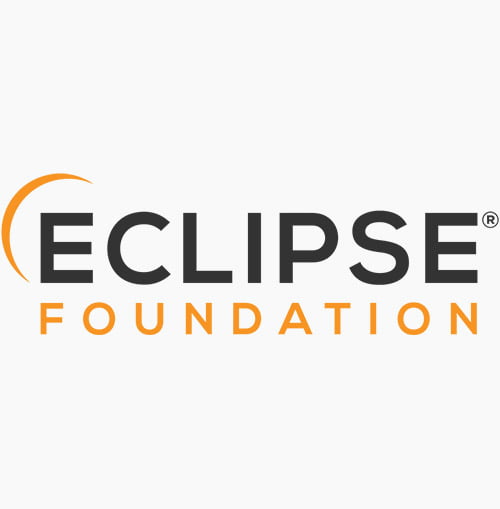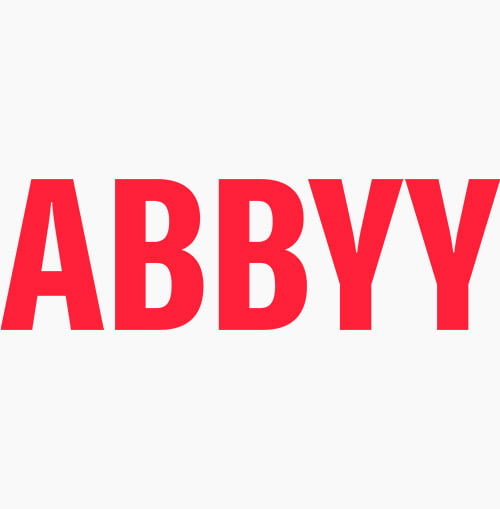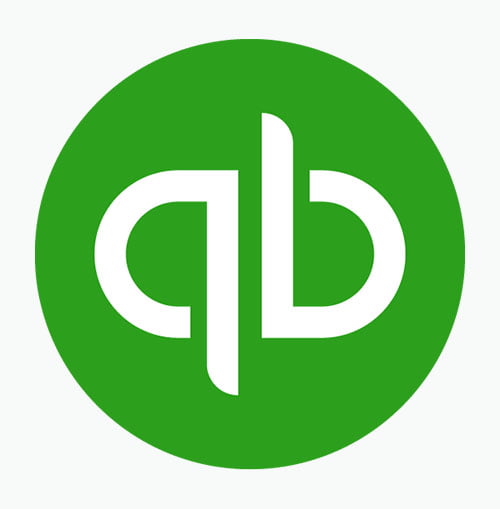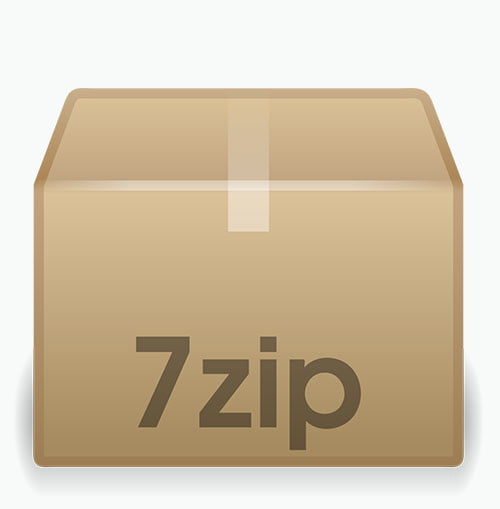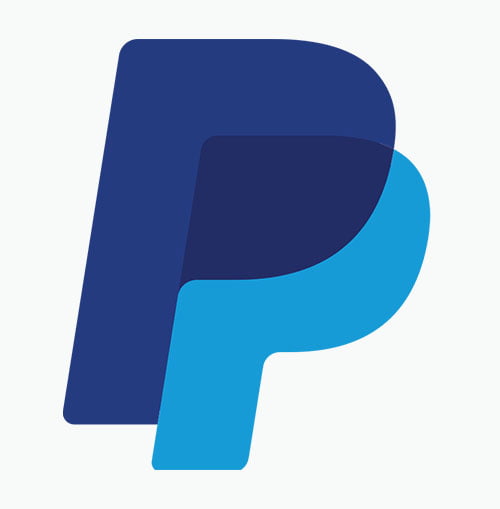E-commerce services payment gateway integration company in kampala uganda
Isazeni Solutions is a technology company that may offer e-commerce and payment gateway integration services in Kampala, Uganda. While I don’t have specific details on their offerings, I can provide a general overview of how payment gateway integration works for e-commerce and what you might expect from a service like Isazeni Solutions.

E-Commerce Payment Gateway Integration: Overview
Payment gateways are essential for e-commerce businesses to accept online payments. Integrating a payment gateway into an online store allows businesses to process credit/debit card payments, mobile money, and other forms of digital payment. This is crucial for businesses looking to scale their online presence and serve customers effectively.
In Uganda, the most commonly used payment systems might include:
- Mobile Money (MTN Mobile Money, Airtel Money)
- Bank Card Payments (Visa, MasterCard, and others)
- International Payment Processors (PayPal, Stripe)
- Local Ugandan Payment Systems (Uganda’s e-commerce and payment systems)
Key Services Likely Offered by Isazeni Solutions
- Payment Gateway Integration:
Isazeni Solutions would help integrate a secure and reliable payment gateway into your website or mobile app, enabling seamless payment processing. - Mobile Money Integration:
As mobile money is widely used in Uganda, Isazeni Solutions could help you integrate platforms like MTN Mobile Money or Airtel Money into your e-commerce system. - Security and Compliance:
They would ensure that your payment processes are secure, often implementing encryption and complying with regulatory standards like PCI-DSS (Payment Card Industry Data Security Standard). - Multi-Currency Support:
If your e-commerce platform serves customers from multiple countries, Isazeni Solutions may provide multi-currency support, allowing you to handle payments in different currencies. - Custom Payment Solutions:
Depending on the specific needs of your business, Isazeni Solutions might create custom payment workflows or features, such as recurring payments or subscriptions. - Technical Support and Maintenance:
Continuous monitoring, support, and updates to ensure your payment gateway integration remains functional and secure.
Popular Payment Gateways in Uganda
If you’re considering integrating a payment gateway for your e-commerce platform in Uganda, here are a few options:
- MTN Mobile Money
- Widely used across Uganda, enabling customers to pay using their phones.
- Airtel Money
- Another mobile payment system that is popular in Uganda.
- PayPal
- Internationally recognized, but may require additional integration work to allow full functionality in Uganda.
- Pesapal
- A payment gateway that supports payments from mobile wallets, cards, and more, available across East Africa.
- Flutterwave
- This service supports payments from international cards and mobile money and is available in Uganda.
Contacting Isazeni Solutions
If you are looking for specific information or quotes on payment gateway integration services from Isazeni Solutions, you may want to contact them directly. Check their website, social media channels, or get in touch through email or phone to get details on their packages and how they can meet your needs.
Feel free to provide more details about your business or specific requirements, and I can guide you further!
What is E-commerce services payment gateway integration company
E-commerce payment gateway integration refers to the process of linking your online store or business to a secure system that facilitates the processing of payments made by customers through various methods (credit/debit cards, digital wallets, mobile money, etc.) on your e-commerce platform.
In simpler terms, it’s the technology that allows you to accept payments online, enabling customers to make purchases using different payment methods. The payment gateway is the digital interface between your e-commerce website and the financial institutions (banks or payment processors) that handle the transaction.
How Payment Gateway Integration Works in E-Commerce
When a customer decides to make a purchase on your online store, the payment gateway performs a series of tasks to ensure the transaction goes smoothly:
- Customer Initiates Payment:
After adding items to their cart, the customer proceeds to checkout and selects their preferred payment method (credit card, PayPal, mobile money, etc.). - Payment Data Encryption:
The payment gateway encrypts the customer’s sensitive data (like credit card details) to ensure it’s securely transmitted over the internet. - Authentication & Authorization:
The payment gateway sends the encrypted payment details to the payment processor (e.g., the bank or financial institution) to check if the customer has sufficient funds or credit to make the payment. - Transaction Approval or Denial:
The payment processor either approves or denies the payment based on the customer’s available balance and fraud checks. This decision is sent back to the payment gateway. - Confirmation to Customer:
If the transaction is approved, the payment gateway sends a confirmation back to the customer’s browser (usually showing a “Payment Successful” message). If declined, the customer will see an error message with the reason. - Funds Transfer:
Once approved, the funds are transferred from the customer’s account to the merchant’s account (usually within a few days, depending on the payment method).
Why is Payment Gateway Integration Important for E-Commerce?
- Security:
Payment gateways use encryption and tokenization to secure sensitive data, ensuring that customer payment information remains protected from cyber threats. - Convenience:
Payment gateway integration allows you to accept multiple types of payments (credit/debit cards, bank transfers, mobile money, etc.), which makes the checkout process more convenient for customers. - Global Reach:
Integrating international payment systems (like PayPal, Stripe, or others) allows you to sell to customers around the world, as they can pay in their preferred currency. - Faster Transactions:
Payment gateways help speed up the payment process by automating steps like authorization and settlement, making it quicker for customers to complete their purchases. - Increased Trust:
Offering secure, widely recognized payment methods boosts customer confidence. Many customers expect to see logos of trusted payment systems (like Visa, MasterCard, PayPal) on your website. - Seamless User Experience:
A well-integrated payment gateway provides a smooth checkout experience without redirecting customers to external websites. This reduces cart abandonment rates.
Types of Payment Gateways
There are two main types of payment gateway integration methods:
- Hosted Payment Gateways
- Example: PayPal, Stripe, Square.
- The payment gateway takes the customer to a secure, external page where they enter their payment details.
- Pros: Easier to set up and manage, as the payment gateway provider handles the security and compliance.
- Cons: It may redirect customers to another site to complete the payment, which could disrupt the user experience.
- Integrated or API Payment Gateways
- Example: Razorpay, Authorize.Net, Worldpay.
- The payment gateway is directly integrated into your e-commerce website, allowing the customer to enter payment details and complete the transaction without leaving your site.
- Pros: Seamless user experience and higher conversion rates.
- Cons: You need to handle the integration, security, and PCI-DSS compliance, which can be more complex.
Popular Payment Gateways for E-Commerce
Here are some common payment gateways you might consider integrating for your e-commerce platform:
- PayPal: Widely accepted globally, trusted by millions of users. Supports payments via credit cards, bank transfers, and PayPal accounts.
- Stripe: Offers a full suite of payment services, including online and mobile payments, subscriptions, and recurring billing.
- Razorpay: Popular in many countries, particularly in India, and supports card payments, UPI, and wallets.
- Flutterwave: Ideal for businesses in Africa, with support for local payment methods like mobile money and bank transfers.
- Pesapal: A popular payment solution in East Africa, supporting mobile money and card payments.
- Visa and MasterCard: The most widely used debit/credit card systems globally.
- MTN Mobile Money and Airtel Money: Highly used in Uganda and other parts of Africa for mobile money transactions.
How to Integrate a Payment Gateway into Your E-Commerce Site
The exact process will vary depending on the platform you’re using, but here’s a general guide:
- Select a Payment Gateway: Choose one that fits your business model, target market, and the payment methods you want to accept.
- Create an Account with the Payment Gateway: Sign up with the payment provider (e.g., PayPal, Stripe) and provide necessary business information.
- Integrate the Gateway into Your Website:
- If you’re using platforms like Shopify, WooCommerce, or Magento, these platforms usually provide built-in integration options or plugins for popular payment gateways.
- For custom-built websites, you’ll need to integrate the payment gateway using its API or SDK (software development kit).
- Test the Integration: Make sure to test the payment gateway in sandbox mode (a test environment) to ensure everything is functioning properly before going live.
- Go Live: Once you’ve completed testing and are confident the payment system works as expected, you can start accepting real payments.
Conclusion
Payment gateway integration is an essential part of setting up a successful e-commerce business. It enables secure and seamless transactions, which can improve customer satisfaction and trust, leading to increased sales and global reach. Whether you’re just starting an online store or looking to enhance your existing one, choosing the right payment gateway and integrating it correctly is key to your e-commerce success.
If you have any specific questions about setting up a payment gateway for your store, feel free to ask!
How much is E-commerce services payment gateway integration company
The cost of e-commerce services, including payment gateway integration in Kampala, Uganda, can vary depending on the complexity of the project, the type of payment gateway, and the features you require for your online store. I’ll provide a general overview of the pricing structure you might expect from companies offering these services in Kampala, along with some examples to give you a clear understanding of what the cost breakdown might look like.
Factors Influencing the Cost of Payment Gateway Integration
- Payment Gateway Type:
The cost of integrating different payment gateways (e.g., PayPal, Stripe, MTN Mobile Money, Airtel Money) can vary based on the provider’s fees and the complexity of the integration. - E-Commerce Platform:
Integration costs can differ depending on whether you’re using a pre-built platform like Shopify, WooCommerce, or Magento, or if you’re using a custom-built solution. A custom platform will generally require more development time and expertise, leading to higher costs. - Features and Complexity:
The more features you require—such as multi-currency support, recurring billing, mobile money integration, advanced security measures (PCI-DSS compliance), fraud prevention systems, and custom checkout flows—the higher the integration cost. - Ongoing Maintenance and Support:
Many payment gateway integration companies offer ongoing support and maintenance, which may be included in the initial cost or charged separately as a monthly or annual fee. - Transaction Fees:
Most payment gateways also charge transaction fees, usually ranging from 5% to 3% per transaction, depending on the gateway and the region.
Estimated Costs for Payment Gateway Integration in Kampala, Uganda
Here’s a breakdown of the estimated cost for different types of payment gateway integration in Uganda based on typical pricing practices in the local market. These are only rough estimates, and actual prices may vary depending on the service provider.
|
Service Type |
Cost Range (UGX) |
Description |
|
Basic Payment Gateway Integration |
UGX 500,000 – UGX 1,500,000 |
Integration of one basic payment gateway (e.g., PayPal, MTN Mobile Money, Airtel Money) with an e-commerce platform. |
|
Custom Payment Gateway Integration |
UGX 2,000,000 – UGX 4,000,000 |
Integration of multiple payment gateways (e.g., PayPal + MTN Mobile Money + Stripe) and more advanced customization. |
|
Multi-Currency & International Payment Support |
UGX 1,500,000 – UGX 3,000,000 |
Enabling multiple currencies for international transactions (e.g., PayPal, Stripe). |
|
Recurring Billing / Subscription Service Integration |
UGX 1,000,000 – UGX 3,000,000 |
Adding subscription or recurring billing features for services or digital products. |
|
PCI-DSS Compliance & Advanced Security |
UGX 1,000,000 – UGX 2,500,000 |
Ensuring the payment system is secure and compliant with PCI-DSS standards for credit card processing. |
|
Ongoing Maintenance & Support (per month) |
UGX 200,000 – UGX 500,000 |
Monthly support and updates for the payment system, including troubleshooting and security patches. |
Example Pricing Scenarios
Let’s look at some realistic examples of e-commerce payment gateway integration based on different business needs:
Scenario 1: Small E-Commerce Store with Basic Payment Gateway Integration
- Payment Gateway: PayPal (for international payments), MTN Mobile Money (for local payments)
- Platform: WooCommerce (WordPress)
- Features: Simple integration with one local and one international payment method.
|
Service |
Cost (UGX) |
|
Basic Payment Gateway Integration |
1,000,000 |
|
Testing & Configuration |
200,000 |
|
SSL Certificate |
200,000 |
|
Total Cost |
1,400,000 |
- Transaction Fees: 2.9% + UGX 500 per transaction for PayPal, Mobile money transaction fees will vary (around 1%).
Additional Notes: This setup is relatively simple, so the costs are lower, but it may only support a limited number of payment methods.
Scenario 2: Mid-Sized E-Commerce Store with Multiple Payment Gateways
- Payment Gateways: PayPal, MTN Mobile Money, Airtel Money, Stripe
- Platform: Shopify (hosted solution)
- Features: Custom integration for multiple local and international payment methods, multi-currency support for international customers, recurring billing for subscriptions.
|
Service |
Cost (UGX) |
|
Custom Payment Gateway Integration |
2,500,000 |
|
Multi-Currency Support |
2,000,000 |
|
PCI-DSS Compliance & Security |
1,500,000 |
|
Testing & Support (1 month) |
300,000 |
|
Total Cost |
6,300,000 |
- Transaction Fees: 2.9% + UGX 500 per transaction for PayPal, Stripe, and varying fees for mobile money (MTN, Airtel).
Additional Notes: This solution supports international payments with multiple currencies, and the integration is more complex, involving both local mobile money solutions and international card payments.
Scenario 3: Large E-Commerce Platform with Advanced Features
- Payment Gateways: PayPal, Stripe, MTN Mobile Money, Airtel Money, Flutterwave (for African payments)
- Platform: Custom-built (CMS or e-commerce platform)
- Features: Full integration with multiple payment gateways, advanced fraud protection, subscription-based billing, multi-currency support, full PCI-DSS compliance, ongoing maintenance and support.
|
Service |
Cost (UGX) |
|
Full Custom Payment Gateway Setup |
5,000,000 |
|
Multi-Currency & Multi-Language Setup |
3,000,000 |
|
Advanced Security & Fraud Protection |
2,000,000 |
|
Ongoing Maintenance (6 months) |
1,200,000 |
|
Testing & Support (1 month) |
600,000 |
|
Total Cost |
12,800,000 |
- Transaction Fees: Typically 2.9% + UGX 500 for PayPal, Stripe, and Flutterwave; mobile money fees will vary, around 1% per transaction.
Additional Notes: This solution is highly customized, including security, multi-currency, fraud protection, and subscription services. The setup is ideal for businesses with high transaction volumes or international customers.
Transaction Fees & Ongoing Costs
In addition to the setup costs, e-commerce businesses need to consider transaction fees that are charged by the payment gateways. These fees are usually a percentage of the transaction amount:
|
Payment Gateway |
Transaction Fees |
Notes |
|
PayPal |
2.9% + UGX 500 per transaction |
Standard fees for international payments |
|
Stripe |
2.9% + UGX 500 per transaction |
Common for businesses accepting credit cards |
|
MTN Mobile Money |
0.5% – 1% per transaction |
Local payments via mobile wallet |
|
Airtel Money |
0.5% – 1% per transaction |
Another popular mobile money platform in Uganda |
|
Flutterwave |
1% per transaction (for local payments) |
Payment processor popular across Africa |
Conclusion
The cost for payment gateway integration services in Kampala, Uganda, depends heavily on factors such as the number of payment methods you wish to integrate, the complexity of your e-commerce platform, and additional services like multi-currency support or PCI-DSS compliance.
- For small stores, expect a cost around UGX 1,000,000 – UGX 2,000,000.
- For medium-sized businesses, costs may range from UGX 2,500,000 – UGX 6,000,000.
- For large enterprises requiring advanced features, the cost can go as high as UGX 10,000,000 – UGX 12,000,000.
For the most accurate quote, it’s best to reach out directly to payment gateway integration companies in Kampala, such as Isazeni Solutions or other local providers, to discuss your specific requirements.
Types of E-commerce services payment gateway integration company
In Kampala, Uganda, payment gateway integration is a critical aspect of e-commerce, especially as online shopping and digital payments become increasingly popular. A payment gateway allows businesses to accept payments via credit cards, debit cards, mobile money, and other methods on their e-commerce websites. Here are 10 types of payment gateway integration services that an e-commerce solutions company in Kampala, such as Isazeni Solutions, would typically offer:
1. Basic Payment Gateway Integration
- Description: This is the foundational service for enabling online payments. A payment gateway is integrated to process payments from customers who are paying with local or international payment methods.
- What It Includes:
- Integration with one payment processor, e.g., PayPal, MTN Mobile Money, Airtel Money, or Visa/Mastercard.
- Secure payment forms for online checkout.
- Basic encryption and security measures (SSL certificate).
- Target Audience:
- Small and medium-sized businesses with simple online stores.
- Startups looking for affordable and straightforward payment solutions.
2. Multi-Gateway Integration
- Description: This integration allows businesses to accept payments from multiple payment gateways, providing customers with more flexibility and options when paying.
- What It Includes:
- Integration with multiple payment systems like Stripe, PayPal, MTN Mobile Money, Airtel Money, etc.
- Customers can choose their preferred payment method (credit card, mobile money, etc.) during checkout.
- Easy backend management for businesses.
- Target Audience:
- Medium to large businesses, especially those looking to expand their customer base by offering diverse payment options.
3. Mobile Money Payment Gateway Integration
- Description: Mobile money is widely used in Uganda and other East African countries. Integrating mobile payment options allows customers to pay directly from their mobile wallets.
- What It Includes:
- Integration with MTN Mobile Money, Airtel Money, and other mobile wallet services.
- Mobile-friendly checkout pages with USSD and SMS options for payments.
- Transaction notifications sent via SMS.
- Target Audience:
- Local businesses serving Ugandan customers who prefer to use mobile money for payments.
- E-commerce sites in Uganda or East Africa with a high mobile user base.
4. Subscription Billing Integration
- Description: This service caters to businesses offering subscription-based products or services, like membership sites, digital services, or subscription boxes.
- What It Includes:
- Setting up recurring billing features.
- Automated renewals for subscription payments.
- Integration with gateways like Stripe, PayPal, and local mobile money platforms for recurring payments.
- Target Audience:
- SaaS (Software as a Service) companies, subscription box services, content providers, or any business with a subscription-based revenue model.
5. Multi-Currency Payment Gateway Integration
- Description: This service enables businesses to accept payments in different currencies, essential for businesses with international customers.
- What It Includes:
- Integration with global payment gateways like PayPal, Stripe, or Flutterwave.
- Automatic currency conversion for international customers.
- Multi-currency display on the checkout page.
- Target Audience:
- E-commerce businesses that sell internationally or have a significant customer base outside Uganda.
- Businesses with cross-border transactions.
6. POS (Point of Sale) Payment Integration
- Description: POS integration allows businesses that operate both online and offline (in physical stores) to synchronize their payment systems and manage transactions more effectively.
- What It Includes:
- Integration of POS systems with payment gateways for both online and in-store payments.
- Inventory synchronization between the physical store and the online store.
- Unified reporting and payment tracking.
- Target Audience:
- Brick-and-mortar businesses that are expanding online or businesses with both physical and online sales channels.
7. Fraud Prevention & Security Integration
- Description: Security is paramount when dealing with financial transactions online. This service ensures that your payment systems are secure and that transactions are protected from fraud.
- What It Includes:
- Implementing PCI-DSS compliance for secure credit card transactions.
- Fraud detection tools such as 3D Secure or other anti-fraud software.
- SSL certificates and encrypted data storage for sensitive customer information.
- Target Audience:
- Businesses dealing with large volumes of sensitive customer data.
- Enterprises needing high security for online payments.
8. Instant Payment Notification (IPN) Setup
- Description: This feature allows businesses to automatically receive notifications when a payment is made, enabling real-time updates to the order or inventory management system.
- What It Includes:
- Setting up Instant Payment Notifications (IPN) from gateways like PayPal or Stripe.
- Real-time order updates after successful payments.
- Integration with back-end systems for automatic updates, such as order fulfillment and inventory tracking.
- Target Audience:
- E-commerce sites looking to automate backend processes and improve customer experience with faster order fulfillment.
9. Custom Payment Gateway Development
- Description: For businesses with specific payment needs that aren’t addressed by standard gateways, custom payment gateway development creates tailored solutions.
- What It Includes:
- Development of a unique payment gateway that integrates with the company’s specific business systems.
- Custom checkout flows and additional payment methods.
- Secure payment processing and user-friendly design.
- Target Audience:
- Large enterprises or businesses with unique payment processing needs.
- Companies requiring a highly customized payment system for specific markets.
10. Payment Gateway API Integration
- Description: API integration allows businesses to integrate third-party payment solutions into their website or app seamlessly. This service is ideal for businesses that need more flexibility and control over the payment process.
- What It Includes:
- Integration of payment processors’ APIs such as PayPal, Stripe, Flutterwave, or local mobile money platforms.
- Customizable payment flows.
- Secure API integration with the business’s platform for smooth transactions.
- Target Audience:
- Developers or businesses with custom e-commerce platforms or mobile applications.
- Businesses needing full control over payment features and flexibility in transaction handling.
Summary Table of E-Commerce Payment Gateway Integration Services
|
Service Type |
Features |
Target Audience |
|
1. Basic Payment Gateway Integration |
Single payment processor integration, secure payment form, basic encryption. |
Small businesses, startups |
|
2. Multi-Gateway Integration |
Multiple payment methods (PayPal, MTN Mobile Money, Stripe, etc.), flexible checkout options. |
Medium to large businesses, international markets |
|
3. Mobile Money Payment Integration |
Integration with local mobile wallets (MTN, Airtel), SMS payment notifications, mobile-friendly. |
Local businesses serving Ugandan customers |
|
4. Subscription Billing Integration |
Recurring billing, automated renewals, invoice generation. |
SaaS, subscription box services, digital products |
|
5. Multi-Currency Payment Gateway |
Multiple currencies, international payment options, automatic currency conversion. |
International e-commerce businesses |
|
6. POS Payment Integration |
POS system integration with e-commerce platform, unified reporting, inventory synchronization. |
Physical stores with online sales |
|
7. Fraud Prevention & Security |
PCI-DSS compliance, 3D Secure, SSL certificates, fraud detection. |
High-security businesses |
|
8. Instant Payment Notification (IPN) |
Real-time payment notifications, automatic backend updates. |
Businesses needing automated order processing |
|
9. Custom Payment Gateway Development |
Custom payment gateway, tailored checkout experience, unique payment methods. |
Large enterprises, highly customized needs |
|
10. API Payment Gateway Integration |
Integration of third-party payment APIs (PayPal, Stripe, etc.), flexible payment process. |
Developers, businesses with custom platforms |
Conclusion
An e-commerce payment gateway integration company in Kampala, like Isazeni Solutions, would provide these services to businesses of all sizes, offering tailored solutions that meet the needs of local and international merchants. Whether it’s a small business needing a basic payment gateway or a large enterprise requiring custom development or fraud protection, payment gateway integration plays a crucial role in ensuring secure and seamless online transactions.
For specific details about the exact services offered by Isazeni Solutions, I recommend contacting them directly to get a more accurate understanding of their service offerings, pricing, and how they can help your business thrive in the competitive e-commerce landscape.
Why is E-commerce services payment gateway integration company
important
As the digital economy continues to grow in Uganda, the need for robust e-commerce solutions becomes increasingly critical. One of the most essential components of an e-commerce business is the payment gateway integration. A payment gateway is a technology that facilitates the secure processing of payments for online transactions. For businesses in Kampala, Uganda, integrating payment gateways is crucial for several reasons. Below are 10 detailed reasons why e-commerce services and payment gateway integration are important for companies operating in Kampala:
1. Facilitates Secure Online Payments
Reason: Payment gateways ensure that all online transactions are secure, encrypted, and processed in real-time.
- Importance for Kampala-based businesses: In Uganda, where both local and international customers engage in online shopping, security is a major concern. Payment gateways provide end-to-end encryption that protects sensitive customer data (such as credit card information and bank details) from fraud and theft. This reduces the risk of cybercrime, building trust and loyalty with customers. Moreover, secure transactions comply with international PCI-DSS standards, which are critical for businesses aiming to serve global markets.
2. Supports Multiple Payment Methods
Reason: Payment gateway integration allows businesses to accept a variety of payment methods, including mobile money, credit cards, and bank transfers.
- Importance for Kampala-based businesses: In Uganda, mobile money (like MTN Mobile Money, Airtel Money) is widely used, but international customers prefer credit card payments via platforms like Visa and Mastercard. A payment gateway enables businesses to accept both local mobile money and international payment methods, offering flexibility and improving customer satisfaction. This is especially important as mobile wallets are the most common payment method in Uganda, while international customers expect to pay using credit or debit cards.
3. Enables Seamless User Experience
Reason: Payment gateways allow for a smooth, hassle-free checkout process for customers, ensuring ease of payment without friction.
- Importance for Kampala-based businesses: A complicated checkout process can lead to abandoned carts, reducing potential sales. By integrating a payment gateway, businesses can offer customers a user-friendly, seamless experience from browsing to checkout, which improves conversion rates. Payment gateways can also streamline mobile-responsive checkout for customers shopping on smartphones, ensuring higher engagement, especially since many users in Uganda shop via mobile devices.
4. Enhances Business Credibility and Professionalism
Reason: Customers tend to trust businesses that use reputable payment gateways, as they associate these systems with security, reliability, and professionalism.
- Importance for Kampala-based businesses: Having a payment gateway integration signals that your business follows best practices in online transactions. In Uganda, where e-commerce is still growing, customers may hesitate to trust online stores that do not offer established payment methods. Using trusted platforms like PayPal, Stripe, or local mobile money solutions (MTN, Airtel) enhances business credibility and helps overcome any skepticism, ultimately boosting sales and customer loyalty.
5. Global Reach and Multi-Currency Capabilities
Reason: Payment gateways support transactions in multiple currencies, allowing businesses to sell globally and attract international customers.
- Importance for Kampala-based businesses: With the rise of cross-border e-commerce, especially in East Africa, Ugandan businesses can now tap into global markets. A payment gateway allows you to accept foreign currencies and adjust prices dynamically, helping your business cater to customers outside Uganda. Whether it’s USD, GBP, or EUR, businesses can offer a convenient payment experience for international shoppers, making them more likely to complete a purchase.
6. Real-Time Payment Confirmation
Reason: Payment gateways provide instant confirmation of payments, helping businesses process orders quickly and efficiently.
- Importance for Kampala-based businesses: Instant payment confirmation enables businesses to process orders in real-time, update inventory, and dispatch goods immediately, providing excellent customer service. In a market like Uganda, where businesses are increasingly embracing online retail, quick order processing is essential to maintain customer satisfaction and repeat business. Real-time notifications also help businesses track transactions, manage cash flow, and avoid delays in payment processing.
7. Reduces Payment Failures and Errors
Reason: Payment gateways help minimize errors related to manual payment processing and facilitate smooth transactions.
- Importance for Kampala-based businesses: Manual payment processing is prone to human errors such as incorrect entries or missed payments, leading to customer frustration and lost sales. Payment gateway integrations reduce these errors by automating the payment process, ensuring accuracy and efficiency. Additionally, gateways like PayPal and Stripe include built-in fraud detection tools, reducing the likelihood of chargebacks or fraudulent transactions.
8. Scalable Solutions for Growing Businesses
Reason: Payment gateway integrations are highly scalable, meaning businesses can easily accommodate growing transaction volumes.
- Importance for Kampala-based businesses: As the e-commerce market in Uganda grows, businesses need systems that can scale up as they expand. Payment gateways allow businesses to handle increasing numbers of transactions without overhauling the entire system. Whether it’s adding new payment methods, handling larger volumes of sales, or processing higher-value transactions, payment gateway providers offer scalable solutions that grow alongside your business.
9. Compliance with Local and International Regulations
Reason: Payment gateways are designed to comply with local and global legal and financial regulations, such as anti-money laundering (AML) and Know Your Customer (KYC) requirements.
- Importance for Kampala-based businesses: For businesses operating in Uganda, compliance with local regulations is essential. Ugandan financial institutions and e-commerce businesses are subject to laws governing digital transactions, such as the Financial Institutions Act (FIA) and data protection laws. International payment gateways also ensure compliance with global standards, like the General Data Protection Regulation (GDPR). By using a payment gateway, Ugandan businesses can stay compliant with these rules, avoid penalties, and maintain their reputation.
10. Provides Advanced Analytics and Reporting
Reason: Payment gateways offer powerful analytics and reporting tools that provide insights into sales, customer behavior, and transaction trends.
- Importance for Kampala-based businesses: Payment gateways come with built-in reporting features that offer businesses detailed insights into sales performance, payment trends, and customer behaviors. This information can help Ugandan businesses make data-driven decisions on things like inventory management, customer segmentation, marketing strategies, and sales forecasting. Understanding transaction patterns allows businesses to optimize their operations and better cater to customer preferences, improving overall profitability.
Conclusion
The integration of payment gateways for e-commerce businesses in Kampala, Uganda, is not just about enabling online payments; it’s about enhancing security, customer trust, and the overall business experience. From supporting multiple payment methods to ensuring global reach and real-time transactions, payment gateways are the backbone of a successful online business. They help businesses stay competitive, efficient, and compliant, ultimately contributing to sustainable growth in the dynamic digital marketplace. As e-commerce continues to grow in Uganda, adopting robust and secure payment gateway solutions will be essential for any business aiming to succeed in both the local and international markets.
Our strategies and approaches
1. Tailored Payment Solutions Based on Business Needs
Strategy: Understanding the unique needs of each client and offering customized payment gateway solutions.
- Approach: Isazeni Solutions likely starts by assessing each client’s business model, target audience, and geographical market. Whether the client is a local retailer or an international e-commerce store, the company would provide a tailored solution that supports mobile money (e.g., MTN Mobile Money, Airtel Money) or international payment methods (e.g., Visa, PayPal, Stripe) based on the business’s customer base. For example, a Ugandan business serving local consumers might prioritize mobile money integrations, while an international business may need multi-currency support.
- Outcome: Clients receive bespoke solutions that enhance the user experience and transaction efficiency, driving higher conversion rates.
2. Seamless Integration with Popular Local and International Payment Systems
Strategy: Offering seamless integration with both local payment systems (such as MTN Mobile Money, Airtel Money, and Uganda-based mobile wallets) and international payment gateways (e.g., PayPal, Stripe, Visa/Mastercard).
- Approach: Isazeni Solutions ensures that clients can accept payments from both local and international markets. They provide businesses with an easy way to integrate multiple payment gateways into their websites or mobile apps. This includes integrating UGX-based mobile wallets and international gateways for global customers, ensuring that no matter where customers are, they have a payment method they trust.
- Outcome: Increased customer satisfaction due to the ability to pay via their preferred methods, leading to higher conversion rates and global scalability for businesses.
3. Mobile-First Approach for Payment Gateway Integration
Strategy: Prioritizing mobile-optimized payment solutions that work seamlessly on smartphones and tablets.
- Approach: Since mobile usage is predominant in Uganda and across East Africa, Isazeni Solutions would focus on developing mobile-friendly payment gateways that work seamlessly across different mobile devices. This includes mobile wallets integration like MTN and Airtel Money, as well as responsive checkout pages that ensure a smooth user experience, whether the customer is on a smartphone or desktop.
- Outcome: Enhanced accessibility for users on the go, ensuring higher engagement and reduced cart abandonment.
4. Ensuring Secure Transactions with Fraud Prevention Tools
Strategy: Integrating advanced fraud prevention tools and ensuring secure payment environments.
- Approach: Security is a key concern for any e-commerce platform. Isazeni Solutions would integrate industry-standard fraud prevention systems like 3D Secure, PCI-DSS compliance, and anti-fraud monitoring systems. This ensures that transactions are safe from fraudulent activities and that sensitive customer data (such as credit card details) is protected through encryption.
- Outcome: Reduced fraud risk, enhanced trust from customers, and compliance with financial regulations, ultimately building the business’s reputation.
5. Multi-Currency and Multi-Language Capabilities
Strategy: Providing multi-currency and multi-language options to help businesses expand globally.
- Approach: For businesses targeting international markets, Isazeni Solutions offers multi-currency payment gateways (e.g., via PayPal, Stripe, or Flutterwave), allowing customers to pay in their local currency. The company may also implement multi-language support to cater to customers from different regions. This helps Ugandan businesses accept payments from global customers without the complexity of manual currency conversions.
- Outcome: Increased international reach, better customer experience, and improved conversion rates from foreign markets.
6. Offering Subscription-Based Billing Solutions
Strategy: Providing businesses with tools to implement recurring billing and subscription-based payments.
- Approach: For clients offering subscription-based products or services (e.g., streaming services, subscription boxes, SaaS), Isazeni Solutions would integrate payment gateways that allow for automated, recurring payments. This could involve using systems like Stripe Billing, PayPal Subscriptions, or local mobile money for seamless, automated transactions on a monthly or annual basis.
- Outcome: Businesses with recurring revenue models experience steady cash flow, while customers enjoy the convenience of automated payments.
7. Comprehensive Analytics and Reporting Integration
Strategy: Empowering businesses with advanced payment analytics and reporting capabilities.
- Approach: By integrating payment gateways that offer real-time transaction data, Isazeni Solutions helps businesses track sales, conversion rates, and payment trends. This includes detailed reporting dashboards where businesses can analyze payment failures, refund requests, and customer spending behavior, which aids in improving customer service and operational efficiency.
- Outcome: Businesses can make data-driven decisions about inventory management, marketing strategies, and customer retention efforts.
8. Automation of Payment Reconciliation
Strategy: Automating the process of payment reconciliation for financial and accounting purposes.
- Approach: Payment gateway integrations allow businesses to automate their payment reconciliation Isazeni Solutions likely helps clients integrate automated financial tools that sync payment data from various sources (credit cards, mobile money, bank transfers) to ensure that all payments are accurately recorded. This reduces human errors and saves time on manual bookkeeping.
- Outcome: Improved accuracy in financial reporting, better cash flow management, and streamlined accounting processes.
9. Cross-Platform Integration for Omnichannel Payment Acceptance
Strategy: Ensuring that businesses can accept payments across multiple platforms, whether online, mobile, or in-store.
- Approach: With many businesses moving between physical and online sales, Isazeni Solutions may focus on omnichannel integration. This would allow businesses to process payments across e-commerce sites, mobile apps, and physical stores. For example, integrating POS systems with online gateways so that customers can pay in-store using the same payment methods as online.
- Outcome: A unified payment system that reduces friction for customers and optimizes sales channels, leading to improved sales performance and customer satisfaction.
10. Continuous Monitoring and Maintenance of Payment Systems
Strategy: Offering ongoing monitoring and technical support for payment systems to ensure uptime and performance.
- Approach: E-commerce businesses rely heavily on the availability and uptime of their payment gateways. Isazeni Solutions would implement monitoring systems to continuously track the performance of integrated gateways and ensure that any potential issues (e.g., downtime or transaction errors) are quickly addressed. This could involve 24/7 support and regular system updates to ensure everything is running smoothly.
- Outcome: Minimized disruptions to payment processing, which results in consistent service, higher customer retention, and fewer lost sales due to technical issues.
Conclusion
Isazeni Solutions likely employs these 10 strategies and approaches to ensure that their clients in Kampala, Uganda, and beyond, benefit from secure, scalable, and efficient payment gateway integration. These strategies are designed to address the unique challenges of the e-commerce ecosystem in Uganda, such as mobile money usage, security concerns, and global expansion, while also ensuring that businesses remain competitive in a rapidly evolving digital landscape. By implementing these approaches, Isazeni Solutions can help businesses streamline their payment processes, enhance the customer experience, and drive growth.
100 frequently asked questions (FAQs) about Computer Programming and Application Development
1. What is payment gateway integration in e-commerce?
2. Why do I need a payment gateway for my e-commerce website?
3. Which payment gateways are popular in Uganda?
4. How does mobile money integration work in e-commerce?
5. What are the key benefits of integrating mobile money in Uganda?
6. What are the security features of payment gateways?
7. How do I integrate a payment gateway into my e-commerce platform?
8. What is PCI-DSS compliance, and why is it important?
10. What is the cost of integrating a payment gateway in Uganda?
11. Can I integrate multiple payment methods into my e-commerce platform?
12. How does payment gateway fraud prevention work?
13. What is 3D Secure, and how does it improve payment security?
14. Can my e-commerce site accept international payments?
15. Do I need a merchant account for payment gateway integration?
16. What is the difference between hosted and integrated payment gateways?
17. How do I ensure my payment gateway is compliant with Ugandan regulations?
18. What is tokenization in payment gateway integration?
19. Can payment gateways support mobile payment solutions?
20. What is a recurring payment system in e-commerce?
21. How do I handle currency conversion for international customers?
22. What types of e-commerce businesses benefit most from payment gateway integration?
23. What are the advantages of integrating PayPal into my e-commerce store?
24. How do I integrate PayPal into my e-commerce platform?
25. What is the role of an API in payment gateway integration?
27. Can I use a payment gateway to process refunds and chargebacks?
28. What should I look for in a payment gateway provider?
29. What are recurring billing and subscription models?
30. How does a mobile payment system differ from a credit card payment system?
32. Do payment gateways support refunds for partial payments?
33. What are the best practices for securing online payments?
Encrypt sensitive data: Use SSL/TLS certificates for secure communication.
Implement multi-factor authentication: Use additional verification methods for transactions, like 3D Secure or OTPs.
Regularly update and patch your systems: Ensure your platform and payment systems are up to date with the latest security protocols.
Comply with PCI-DSS: Follow the Payment Card Industry Data Security Standards to protect customer data.
Monitor transactions for suspicious activity: Implement fraud prevention tools to flag unusual transactions.
34. How do I integrate Visa/MasterCard payments into my website?
35. Is it possible to integrate local Ugandan payment methods into my e-commerce platform?
36. What is a merchant account, and do I need one?
37. How do I test my payment gateway integration before going live?
38. What are chargebacks, and how can I prevent them?
39. How can I handle multiple currencies on my e-commerce platform?
40. How do I manage recurring payments in my e-commerce store?
41. What is 3D Secure, and how does it work for e-commerce transactions?
42. Can I offer discounts or promo codes through my payment gateway?
43. What happens if a customer’s payment fails during checkout?
44. How do I integrate PayPal with mobile money payments?
45. How can I improve the conversion rate with payment gateway optimization?
46. What is a payment gateway API, and how do I use it?
47. How do I ensure that my payment gateway is compatible with my e-commerce platform?
48. What are the legal and regulatory requirements for payment gateways in Uganda?
49. How long does it take to integrate a payment gateway into my e-commerce platform?
50. Can I accept payments in foreign currencies?
51. Is it possible to integrate a payment gateway without coding skills?
52. What are the most popular payment gateways in Uganda?
MTN Mobile Money and Airtel Money for mobile money transactions.
Pesapal for card payments and mobile wallet support.
Flutterwave, which supports international card payments and local mobile money.
PayPal for international payments. These gateways cater to both local and international transactions and are vital for online businesses in Uganda.
53. Can I use a payment gateway for both online and offline payments?
54. How do I handle international transactions and currency conversion?
55. What is PCI-DSS compliance, and why is it important?
56. What happens if my payment gateway goes down?
57. Can I integrate multiple payment methods into my website?
58. What are the differences between a hosted and an integrated payment gateway?
Integrated payment gateways: These allow customers to complete their payments directly on your site without redirection. Examples include Pesapal or Flutterwave. While providing a smoother experience, integrated gateways require additional security measures and coding to ensure compliance with data protection standards.
59. How can I optimize my payment gateway for mobile devices?
Ensure the checkout process is mobile-friendly with a responsive design.
Use one-click payment options like mobile wallets or saved cards to streamline the process.
Ensure that your payment gateway supports mobile money transactions, such as MTN Mobile Money and Airtel Money, to cater to mobile-first users in Uganda.
Minimize steps in the checkout flow and enable features like auto-fill for billing information to save time on mobile devices.
60. What are the risks of using payment gateways?
Fraud and chargebacks: If a fraudulent transaction occurs or a customer disputes a payment, your business might face financial losses.
Data breaches: A compromised payment gateway can expose sensitive customer information.
Downtime: If the gateway experiences technical issues or downtime, it can prevent transactions from being processed, leading to lost sales. To mitigate these risks, ensure your gateway complies with security standards, implement fraud prevention measures, and choose reliable providers with excellent uptime records.
59. How can I optimize my payment gateway for mobile devices?
Ensure the checkout process is mobile-friendly with a responsive design.
Use one-click payment options like mobile wallets or saved cards to streamline the process.
Ensure that your payment gateway supports mobile money transactions, such as MTN Mobile Money and Airtel Money, to cater to mobile-first users in Uganda.
Minimize steps in the checkout flow and enable features like auto-fill for billing information to save time on mobile devices.
61. How do I integrate payment gateways with my inventory management system?
62. Can I process payments in multiple languages?
63. What is tokenization, and how does it secure payment transactions?
64. Can I offer payment options like "buy now, pay later" (BNPL)?
65. How do I handle fraud prevention for international payments?
Fraud prevention for international payments involves:
Implementing AVS (Address Verification Service) checks to ensure the billing address matches the card information.
Enabling 3D Secure (also known as 3DS), an additional authentication layer for credit card payments.
Using fraud detection tools provided by your payment gateway, which flag suspicious transactions based on patterns of fraud.
Setting up geo-blocking to prevent payments from high-risk countries.
Monitoring chargebacks and disputes to track fraudulent activity.
66. How can I manage my payment gateway settings for tax compliance?
67. What happens if I need to change my payment gateway?
Reconfiguring your e-commerce platform to support the new provider.
Notifying your customers about any changes to payment methods.
Testing the integration thoroughly before going live.
Ensuring you update any subscription or recurring billing setups to reflect the new payment gateway details.
68. Can I track payment analytics through my payment gateway?
70. Can I offer subscription services with a payment gateway?
71. What is the difference between a payment gateway and a payment processor?
72. How do I ensure my payment gateway is secure?
73. Can I integrate a payment gateway for both physical stores and online stores?
74. What payment methods should I offer to increase conversions?
Mobile money (MTN Mobile Money, Airtel Money)
Credit/debit cards (Visa, MasterCard)
Bank transfers
International payment systems like PayPal and Stripe
Cash on delivery (COD) for customers who prefer to pay in person.
Having multiple payment options allows customers to choose their preferred method, improving the overall shopping experience.
75. What is a recurring payment, and how can I implement it?
76. What are chargebacks, and how can I prevent them?
77. What is the difference between mobile payment solutions and online payment solutions?
Online payment solutions generally involve traditional payment methods like credit/debit cards, bank transfers, and services like PayPal or Stripe. These payments are typically made through an e-commerce website on a desktop or mobile browser.
78. Can I set up automatic invoice generation with my payment gateway?
79. How do I handle refunds and cancellations through my payment gateway?
80. Can I integrate loyalty programs or discounts with my payment gateway?
81. Do I need a merchant account to use a payment gateway?
82. What is fraud prevention in payment gateways, and why is it important?
83. What should I do if my payment gateway isn’t working?
84. Can my payment gateway handle high transaction volumes?
85. What is the difference between a one-time payment and a subscription payment?
86. How can I add recurring billing for my subscription-based business?
87. How do I handle failed payments or declined transactions?
88. Can I use multiple payment gateways on the same e-commerce site?
89. How do I optimize my checkout page for higher conversion rates?
Ensure it’s mobile-friendly.
Offer multiple payment options, including credit/debit cards, mobile money, and international options like PayPal.
Minimize the number of steps in the checkout process.
Provide trust signals, such as secure payment logos and SSL encryption.
Include a guest checkout option for customers who don’t want to create an account.
Use auto-fill features to make the process faster for returning customers.
90. How do I prevent cart abandonment during payment?
Simplify the checkout process to minimize the number of steps.
Offer a guest checkout option for customers who don’t want to create an account.
Provide multiple payment methods, especially local options like mobile money.
Offer free shipping or discounts to encourage completion.
Send reminder emails to users who abandoned their cart before finalizing payment.
91. What are the most popular payment gateways used in Uganda?
MTN Mobile Money and Airtel Money for mobile-based payments, which are widely used in the region.
PayPal for international payments, allowing Ugandan businesses to receive payments from global customers.
Pesapal, a regional payment processor that supports payments from both mobile money and bank cards, making it popular in East Africa.
Flutterwave, which supports international cards and mobile money.
Payoneer, which is also widely used by businesses working with international clients.
These gateways cater to the different preferences of customers in Uganda, from mobile payments to traditional card-based payments.
92. Can I integrate mobile money payments with my e-commerce website?
93. What are the fees associated with payment gateway integration?
Transaction fees: A small percentage (typically 1.5% to 3%) of each successful transaction processed through the gateway.
Setup fees: Some providers may charge an initial setup fee for integrating their payment gateway into your website or platform.
Monthly or maintenance fees: Some providers may charge a flat monthly fee to keep the gateway active and functional.
Chargeback fees: If a customer disputes a payment and requests a chargeback, you may incur a fee for handling that dispute.
Be sure to thoroughly understand the fee structure of the payment gateway you’re considering before committing to an integration.
94. Can I use PayPal in Uganda for e-commerce transactions?
95. How can I test the payment gateway integration before going live?
96. What is PCI-DSS, and why is it important for e-commerce sites?
97. How do I reconcile payments and keep track of transactions?
Transaction amounts
Payment statuses (successful, pending, failed)
Refunds and chargebacks
Fees and commissions These dashboards make it easier for you to keep accurate records for accounting purposes and help with financial reporting.
Additionally, many e-commerce platforms (e.g., Shopify, WooCommerce) offer built-in payment reconciliation tools or can integrate with third-party accounting software like QuickBooks or Xero.
98. How do I handle multi-currency transactions on my e-commerce platform?
99. Can I use a payment gateway to handle donations on my website?
100. How do I integrate payment gateways with different e-commerce platforms?
Shopify: Shopify provides easy integration with many payment gateways like PayPal, Stripe, and Shopify Payments through their Settings tab.
WooCommerce: For WooCommerce (WordPress), you can install payment gateway plugins from the WooCommerce extension store, such as PayPal, Stripe, and others.
Magento: Magento provides built-in options for integrating various payment gateways, such as Authorize.Net and PayPal, via its admin panel.
Custom-built sites: If you’re using a custom-built e-commerce site, you’ll need to use the payment gateway’s API to integrate the system into your site. This might require hiring a developer or using SDKs provided by the payment processor.
Most payment gateways provide documentation and support to guide you through the integration process, and many e-commerce platforms offer built-in options or plugins that make integration easier.
TECHNOLOGY PARTNERS WE USE IN WESITES & RELATED SERVICES
For years we have acquired strategic partnerships enabling us to serve you better
Ready to start on your project? let’s jump into it.


